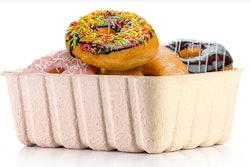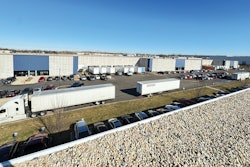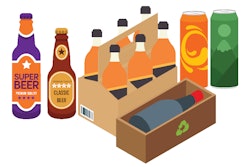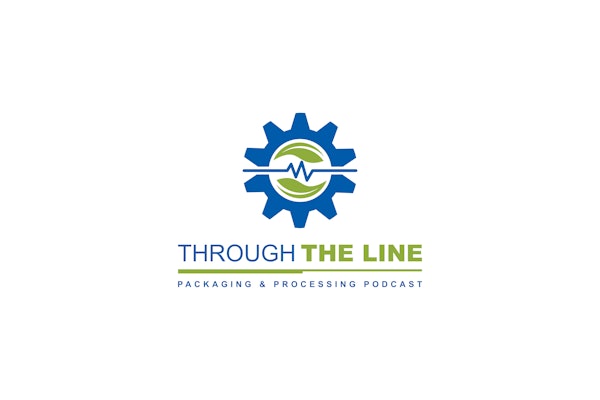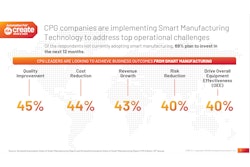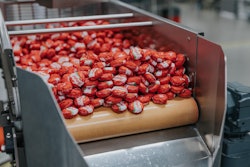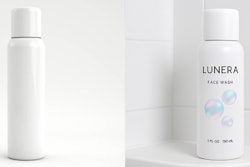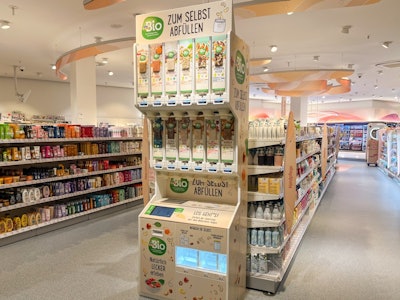
According to a report published by the Ellen MacArthur Foundation on the potential for reusable packaging, “Converting 20% of plastic packaging into reuse models is a USD $10 billion business opportunity that benefits customers and represents a crucial element in the quest to eliminate plastic waste and pollution.” While brands and retailers have been slow to adopt reusable packaging systems at scale, there has been some movement.
As categorized by the report, there are four reusable/refillable packaging models, one of which is refill-on-the-go, where consumers refill reusable packaging at a dispensing point away from home, such as in a store. One company offering a circular in-store refill system is Czech-based MIWA (Minimum Waste), which has announced it is partnering with dm-drogerie markt shops in Germany on a refill pilot. MIWA is supplying dm with refillable/reusable modules that will minimize packaging waste for a variety of loose food products, such as pasta, rice, muesli, flakes, nuts, and almonds, under dm’s dmBio private-label brand.
 | Read about a range of refillable/reusable packaging technologies and applications in this collection of articles on Reusable Packaging. |
According to MIWA, dm-drogerie markt has already had experience with refill stations for detergents and would now like to offer its customers the option for groceries. Beginning in February, Miwa opened refill stations in 15 dm shops in the German states of Lower Saxony, North Rhine-Westphalia, and Hesse, where the pilot operation is taking place.
Says Kerstin Erbe, dm managing director responsible for Product Management and Sustainability, “One of our goals at dm-drogerie markt is to avoid packaging. After all, the best packaging material is one that is never created and does not need to be recycled. And the easiest way to reduce the amount of packaging waste is to offer our products unpackaged. Introducing these new dmBio shopping modules is therefore the next logical step that will bring us experience in this area. At the same time, we fulfil the wishes of our clients and enable them to have a personalized shopping experience.”
In all 15 shops, the Miwa modules contain 12 different food products in bio-quality, which customers can easily pour and digitally weigh via an automatic dispenser into reusable back-up containers. For dm, these will be the first products sold by weight.
At the same time, as part of the launch of this new service, dm prepared a marketing campaign with information for customers in the given regions. This includes, for example, special postcards, a newsletter, and information in the customer magazine, on the website, or on Instagram.
Says Miwa Executive Director Mirek Lizec, “The largest German drugstore measured by turnover, dm-drogerie markt, is our second major client in Germany to whom we supply our packaging minimization solution, after the recent start of cooperation with Rewe. As dm customers value quality food and sustainability, they are an ideal target group for us. Cooperation with dm is at the same time the largest pilot project we have implemented so far.”
 | Read this related interview with Hilary Lloyd, vice president of Marketing and Corporate Responsibility for The Body Shop North America, “The Body Shop is Bullish on In-Store Refill Program” |
Miwa’s system is based primarily on reusable standardized capsules—circulating between shops, the service center, and manufacturers—and on the maximum use of smart data. According to MIWA, one capsule saves almost 2,000 pieces of disposable packaging during its life cycle. Also important for retailers is the fact that the system does not disturb their existing logistic-operational processes. “On the contrary,” says MIWA, “it brings them an economic and ecological advantage.”
Consumers use the system by filling reusable containers from dm directly on the spot. Or, they can bring their own container, in which case they must first weigh it on the module so that they only pay for the weight of the selected product. The consumers then select the desired product on the integrated display and gently push the container onto the dispenser. The container starts to fill, and the display shows the current weight and price of the product in the container. Finally, the module prints a price tag that the customers stick to the container. They then go to the checkout with it. The reusable backup containers can then be returned at dm shops or reused on the next purchase. PW


